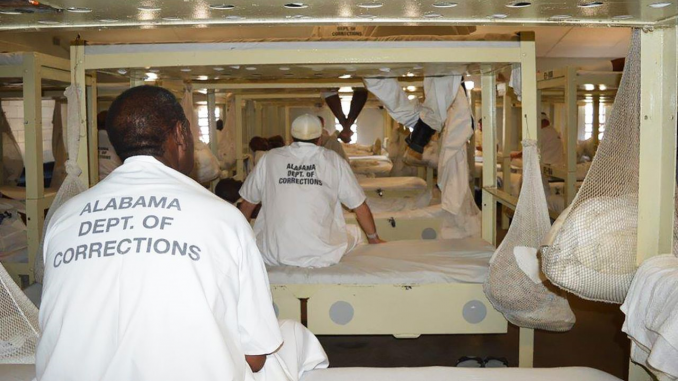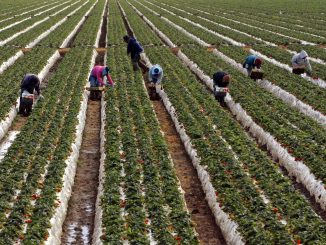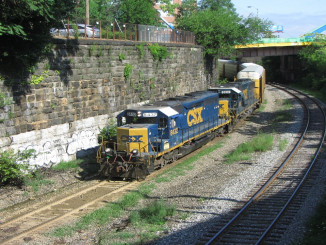
Thousands of prisoners in the Alabama state prison system have gone on strike, refusing to cook, clean, conduct regular maintenance, or labor to produce the license plates and furniture that they commonly make and from which the corrections system profits.
The inmates are striking to put an end to a long list of grievances, including overcrowding, filthy conditions, violence against inmates, poor medical care, understaffing, inefficient parole processes, and “inhumane treatment” in general. The prisoners are accusing the state of violating their 8th Amendment rights against excessive bail, excessive fines, and “cruel and unusual punishments.”
While their strike began only days after a wounded inmate suffered incomplete and perhaps inadequate medical treatment, inmates and activists outside the system had been organizing for the strike for months. Their demands include guarantees of the right to parole for those eligible; repeal of the state’s Habitual Felony Offender Act; an end of life-without-parole sentences; reduction of the time needed for parole eligibility (from 30 to 15 years); creation of a board to oversee the Alabama parole process; streamlined procedures for medical furlough; ensuring that eligible persons receive less time for doing so-called “good time;” and the establishment of an “integrity unit” to investigate possible wrongful convictions.
These grievances and the list of proposed reforms all highlight the reality of prisons in Alabama and other states: prisoners are regularly abused and exploited, and they have been for at least one hundred and fifty years. Alabama has a long history of employing prisoners for profit through the convict leasing system, in which they made small commodities like leather bags and saddles. But they also did backbreaking labor in coal mines for private companies like the Tennessee Coal, Iron and Railway Company, which profited handsomely while hundreds died grisly deaths years before their sentences were up.
The current prisoners’ action also shows that even under terrible conditions, they have potential power. Like workers elsewhere, they have the ability to withhold their labor, without which society cannot run. While it remains to be seen if they will disrupt the normal functioning of the prisons enough to win any or all of their demands, they are showing that organizing together and taking collective action can be a powerful tool for both workers’ self-defense and also to drive social change, wherever there is exploitation and oppression.




